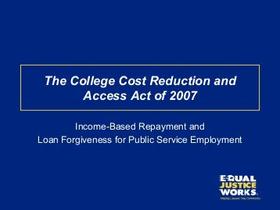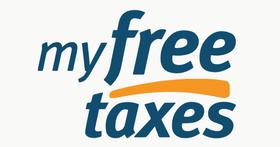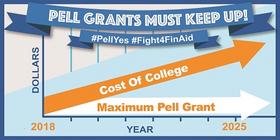Choosing a college is an important step that can directly impact a student’s success. Once a college is chosen, the reality of paying for higher education begins to creep into the picture. By selecting a community college, students have already made a frugal choice for their future. However, even community college is far from free. These ten financial aid tips help you pay your way through community college.
Earn Credits before College
You can begin paying for college long before you even apply. How? By earning college credits while you are still in high school. Many community colleges now work with neighboring high schools to allow students to dual-enroll in both college and high school classes simultaneously. Many of these programs do not charge tuition to college students but offer the same credit for the courses.
Determine Your Needs
Before you begin filling out financial aid forms, ABC Chicago recommends you get a rough idea of how much money you will actually need. Take the total cost of tuition at the college you will be attending and add on living expenses if you will be living on your own, books, and other essentials. Subtract the amount you have saved, as well as any money provided by your parents. Now you have a ballpark figure of how much money you still need to come up with to pay for your entire education.
This video offers some suggestions for securing financial aid.
Start Early
The early bird does land that juicy worm when it comes to financial aid. Yes, there are deadlines for submitting the standard financial aid form known as the FAFSA. However, you don’t have to wait for the deadline to submit. At the very least, begin collecting essential documents long before the deadline rolls around, so you are ready to roll sooner rather than later. In addition, according to My College Guide, you can get a rough estimate of how much money you might be eligible for by using the FAFSA4Caster.
Collect the Essentials
There are several essential documents you will be required to submit with your FAFSA, including:
- Driver’s license
- Social security card
- W2 forms and tax returns for the previous year
- W2 forms and tax returns for your parents
- Bank statements and other financial documents
Compiling these forms early will allow you to complete your FAFSA as soon as you receive it, with minimal headache and legwork during the process.
Meet with Planners
Another step to take early in the process is to meet with the financial aid administrator at the college you plan to attend. This professional has a wealth of information about paying for a college education and can get you started on the right foot early in the process. If any special circumstances prohibit you from footing the bill for your college education, now is the time to let the financial aid administrator know the details since this individual has a small amount of leeway in distributing funds.
This video explains how Pell Grants work.
Know Your Options
According to the website for Owens Community College, there are several financial aid options available, including:
- Loans – This financial aid must be repaid after the student graduates or leaves school.
- Grants – These are needs-based awards from the state and federal government.
- Scholarships – These can be based on merit or need and do not require repayment.
- Work Study – This financial aid is paid through students’ wages, usually from a campus job.
Know the Rules
The Front Range Community College website warns students to become familiar with the SAP policy before applying for financial aid. Satisfactory Academic Progress (SAP) requires students receiving financial aid to maintain a GPA of 2.0 and a 67-percent completion rate to ensure continued eligibility for their aid. Students must also finish their program within 150 percent of its timeframe.
Minimize Loan Amounts
Students qualify for a certain amount in Stafford loans based on their financial needs. However, qualifying for an amount and taking out a loan are two different things. While taking the full amount you qualify for is tempting, keep in mind that you will be paying that money back with interest. It is much better to borrow the minimum you actually require to pay for your college education.
Apply for Scholarships
Scholarships are also available for some students, and they may be awarded according to merit or need. Some scholarships are offered for specific fields of study or career choices students agree to make after college. The college may award scholarships, a local business, or a non-profit organization.
Ask about “Life Experience” Credits
Some community colleges offer “life experience” credit opportunities for adults returning to school after spending time in the workforce. According to FinAid, schools are likely to administer their own placement examinations to determine whether students qualify for life experience credits. Others may utilize standard placement examinations like the CLEP (College-Level Examination Program) to award these credits to students before enrollment into the school.
While the cost of higher education continues to rise today, many options exist for bringing that price tag back down. When you are armed with basic information about the various types of financial aid available, you will be more likely to find the money you need to pay for that education. While community colleges are typically a more affordable option than four-year schools, a little help can go a long way financially – even at these institutions.
Questions? Contact us on Facebook. @communitycollegereview







































































